
Iranian Foreign Minister Abbas Araghchi met Thursday with EU Foreign Policy Chief Kaja Kallas in Doha to address the country’s nuclear program, as European nations move to trigger the “snapback” mechanism. The meeting comes with only weeks left before the October 18 deadline, which could see the automatic return of UN sanctions on Tehran.
Diplomatic Push Against European Sanctions
During their talks, Araghchi sharply criticized the UK, France, and Germany for seeking to revive previous UN Security Council sanctions against Iran, calling the effort “reckless and unjustified.” He reminded Kallas of her role as coordinator of the Joint Commission under the 2015 nuclear agreement, urging the EU to “neutralize anti-diplomacy actions” and abide by UN Resolution 2231.
Kallas responded by stressing, “Diplomacy and negotiations are the only way to address everyone’s concerns,” and both sides agreed to continue their dialogue over the coming days and weeks.
The European troika formally invoked the snapback process on August 28, citing “significant non-compliance” by Tehran. This mechanism rapidly restores all suspended UN sanctions unless a resolution is passed within 30 days to extend sanction relief.
Iran, China, and Russia Oppose Snapback
Iran, China, and Russia issued a joint letter to the UN, condemning the European move as “legally and procedurally flawed.” The three nations argue that invoking snapback breaches Resolution 2231, and point to the U.S.’s 2018 JCPOA withdrawal and Europe’s failure to mitigate U.S. actions as barriers to any legitimate snapback effort.
China and Russia also circulated a draft resolution to delay sanctions by extending the mechanism, though experts suggest success is unlikely given resistance from the U.S. and Europe unless Iran offers major concessions.
Araghchi’s Diplomatic Outreach
Araghchi has actively worked to win support for a diplomatic solution, speaking with Security Council members from Greece, Slovenia, and Sierra Leone on Friday. He asked these countries to support diplomacy and reject what Iran describes as “illegal measures” from the European trio.
He underlined Iran’s “serious and steadfast” commitment to diplomatic solutions while defending national rights. His counterparts signaled backing for diplomacy as the best way to resolve international disputes.
IAEA Nuclear Talks Resume in Vienna
Separately, Iran and the International Atomic Energy Agency (IAEA) are set to negotiate a “new cooperation framework” in Vienna. Iranian envoy Reza Najafi stated the talks will define future cooperation after the suspension of IAEA monitoring that followed attacks on Iranian nuclear sites by Israel and the U.S. in June.
The IAEA recently lost “continuity of knowledge” about Iran’s highly enriched uranium, which hit 440.9 kg before the conflict—enough for multiple nuclear weapons if further enriched. Iran halted cooperation over security and legal concerns.
Diplomatic efforts intensify as Iran’s uranium enrichment reaches 60% purity, just below weapons-grade. European powers have offered to postpone snapback sanctions for six months if Iran resumes negotiations with the U.S., allows full IAEA inspections, and provides new data on its uranium stockpile.




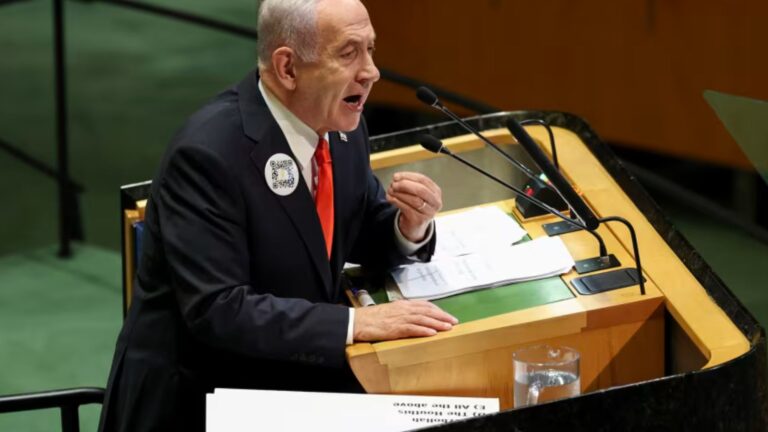
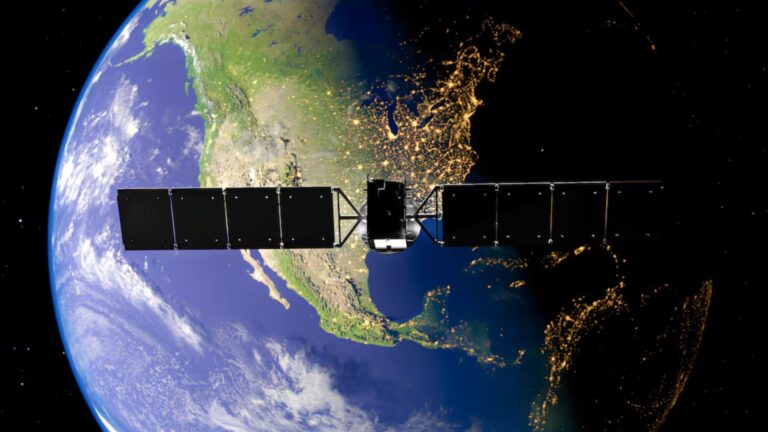
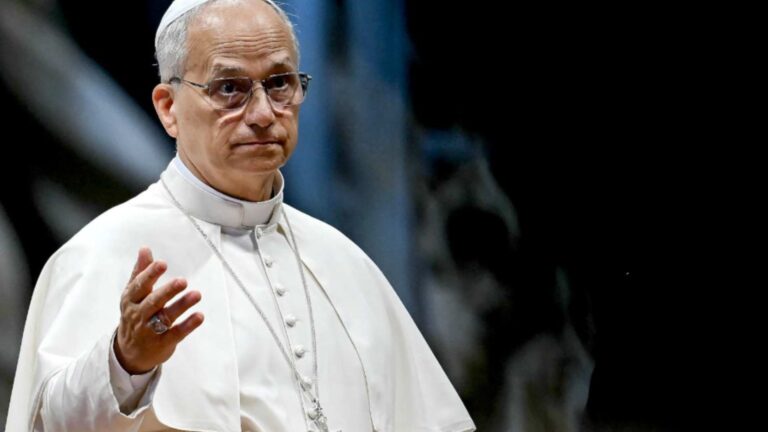



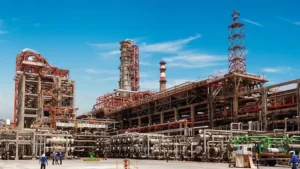
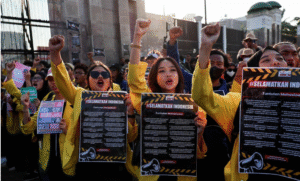

Thanks for sharing. I read many of your blog posts, cool, your blog is very good.